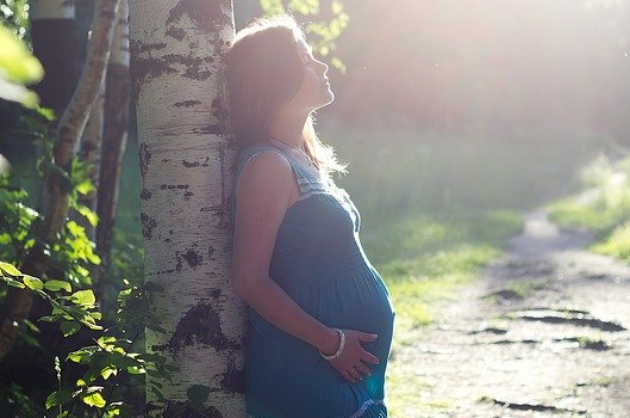New Delhi: Motherhood is a joy of lifetime and a delicate feeling to relish. When the world is battling the novel coronavirus pandemic, one of the biggest concerns is how the COVID-19 infection affects pregnant women and their unborn children. Though the data and evidence are limited, at preliminary stage experts are of the opinion that the infection cannot be transmitted in the womb.
Dr Renu Misra, Senior Consultant, Endoscopic surgery and IVF, Sitaram Bhartia Institute of Science and Research, Gurgaon addresses some key questions the expecting and the newbie mums should know to sail through this tough time. Excerpts:
Q: Are pregnant women in general more susceptible to COVID-19 than non-pregnant women or is the risk the same for everyone?
Dr Misra: The answer is that we don't know as of now for COVID-19. There is not enough data to say one way or the other. What we know with experience from other flu-like fevers like influenza is that pregnant women are more susceptible because of physiological changes in pregnancy and the illness may become more severe in pregnant women.
Q: Immunity in pregnant women is relatively suppressed, can that potentially add to the risk?
Dr Misra: That's exactly the reason why any infection can become more severe in pregnant women.
Q: Any virus or diseases for a pregnant woman is for 2 persons: the would-be mum and the fetus. What about the fetus health?
Dr Misra: Most of the time, there is no risk for the fetus. There are some reports saying there may be preterm births, but that is also not proven whether that is because of the virus or other reasons.
Q: In general, protocol is that if the mother has contracted the disease, one should stay away from the child. What about breastfeeding?
Dr Misra: Again it is not a good idea to stop breastfeeding. In fact, one should not stop doing so. The virus is not in the milk. What a new mum can do is she can take all the precautions, like wearing a mask, wash her hands before breastfeeding the baby. The chances of the baby infected is same just as any other individual sitting next to an infected person by respiratory droplets, or the virus in the air. So, there is no universal recommendation that the mother should stop breastfeeding.
Having said that, we need to see case to case. An alternative is to express the breast milk and somebody else feeds the baby. Because if you stop breastfeeding, the milk production will stop within a couple of weeks, which might not be the best for the baby in the long term.
Q: Any special protocol especially for pregnant to follow at this time?
Dr Misra: It is the same for everybody. Wash hands, don't go out in the crowded place, stay away from people coughing and sneezing. These are standard practices to avoid getting viral infections, which also applies to COVID-19.
Q: If an individual has contracted the COVID-19 during pregnancy and recovered before delivery, is it required for her to through any special monitoring before delivery?
Dr Misra: Viral infections are self-limiting diseases with generally no long-term effect. Therefore, no special monitoring is required at delivery if the woman has recovered completely.
(IANS)




























